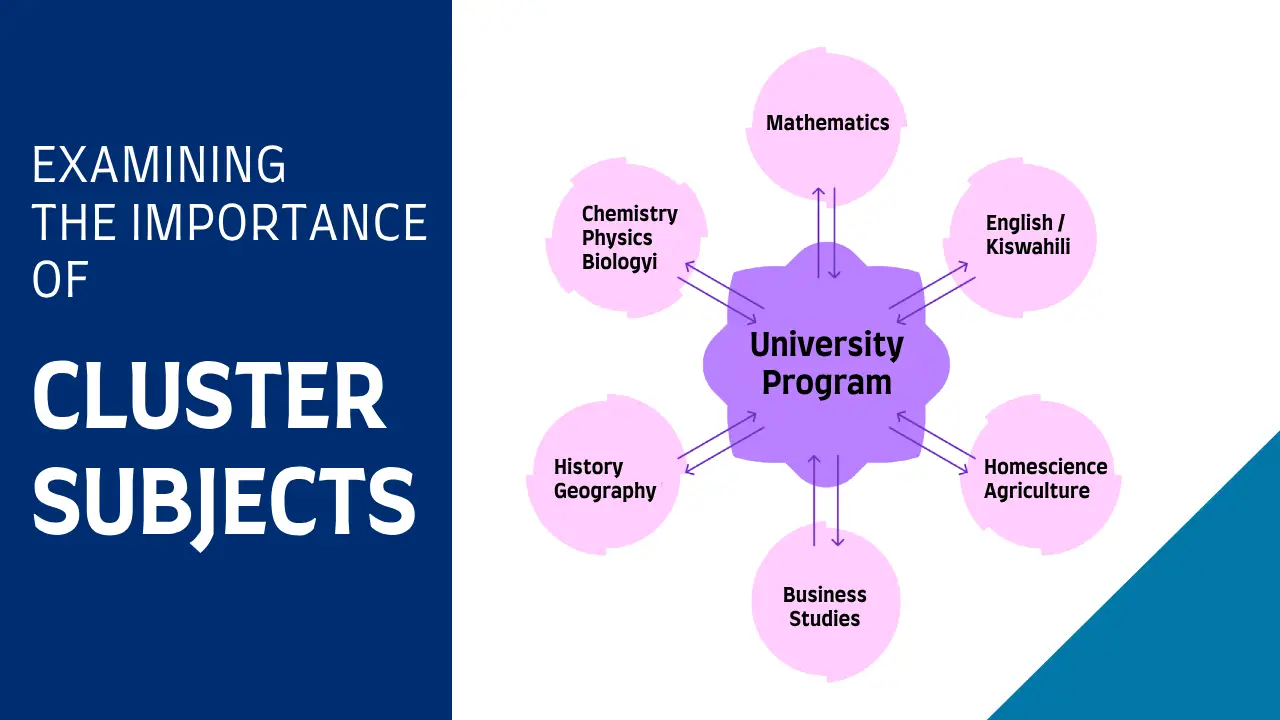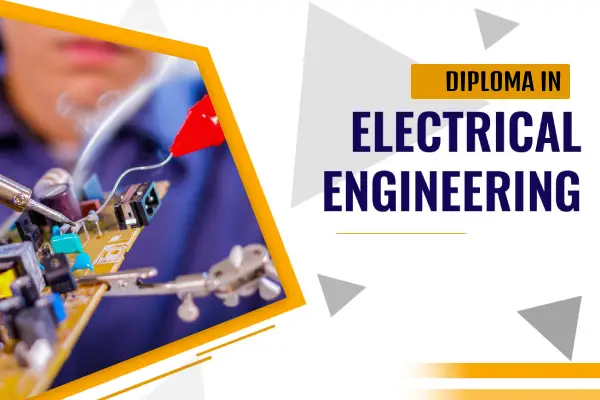Career Paths
Researching Career Paths After KCSE
After completing the Kenya Certificate of Secondary Education (KCSE), students face various career pathways. Reflecting on academic strengths, personal growth, and challenges can help clarify goals. Options include university degrees, technical vocational training, entrepreneurship, or apprenticeships. A gap year for travel, work, or volunteering can also inform future decisions.
By Sam |
Published on 25-Nov-2024

Completing the Kenya Certificate of Secondary Education (KCSE) marks a significant milestone for students, opening up various career pathways. However, navigating these options can be overwhelming. Here is a structured approach to researching and selecting suitable career paths after KCSE.
Reflecting on Your KCSE Experience
Before diving into career options, take time to reflect on your KCSE journey. Consider the following questions:
- What did you learn beyond academics? Reflecting on personal growth can provide insights into your strengths and weaknesses.
- How did you handle challenges? Understanding your coping mechanisms during stressful times can guide future decisions.
- Which subjects did you excel in? Identifying your academic strengths can help align your career choices with your interests.
This reflection helps clarify your goals and aspirations, setting a foundation for informed decision-making.
Exploring Educational Pathways
University Education
For students who meet the minimum university entry requirements, pursuing a degree is a common route. When considering university education, keep in mind:
Personal Interests and Strengths: Choose a course that aligns with what you enjoy and excel at.
- Career Prospects: Research job market trends to ensure your chosen field has future opportunities. Fields like IT, engineering, healthcare, and finance are currently in high demand.
- Institution Reputation: Evaluate universities based on their reputation in your field of interest. Public institutions like the University of Nairobi and Kenyatta University are popular choices, but private universities like Strathmore University also offer excellent programs.
Technical and Vocational Education and Training (TVET)
Not all students will pursue university education. TVET institutions provide practical skills training in areas such as:
- Mechanics
- Electrical Installation
- Fashion Design
These programs often lead to quicker employment opportunities and are generally more affordable than university degrees. Institutions such as the National Industrial Training Authority (NITA) offer various vocational programs that equip students with hands-on skills essential for immediate job placement or entrepreneurship1.
Alternative Pathways
For those who may not meet university entry requirements or prefer non-traditional routes, consider:
- Diploma and Certificate Courses: Many colleges offer specialized programs in fields like business and healthcare.
- Entrepreneurship: Starting a small business can be a viable option for those with innovative ideas or specific skills. Kenya has a vibrant small business sector that supports young entrepreneurs1.
- Apprenticeships: Gaining practical experience through apprenticeships can be an effective way to build skills while earning an income.
Making Informed Decisions
Choosing a career path after KCSE requires careful consideration of personal interests, market demands, and educational opportunities. Here are some steps to facilitate this process:
- Research Various Career Options: Utilize online resources, attend career fairs, or consult with guidance counselors.
- Network with Professionals: Engage with individuals in fields of interest through internships or informational interviews.
- Evaluate Financial Implications: Consider the costs associated with different educational paths and potential return on investment.
Ultimately, remember that the KCSE results do not define your future. With determination and the right information, you can carve out a successful career path regardless of initial setbacks.









